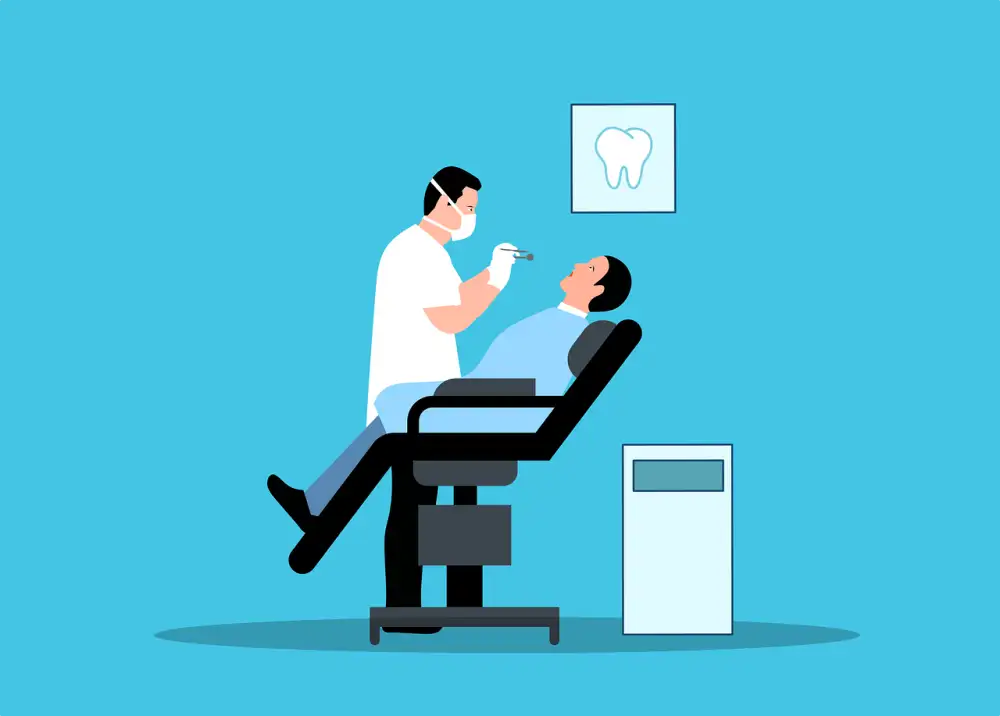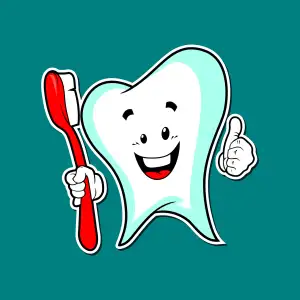Special Needs Toothbrushes: Enhancing Oral Care for Patients with Unique Requirements

Special needs toothbrushes are specifically designed oral care tools that cater to individuals with unique requirements, such as physical disabilities, sensory sensitivities, or cognitive impairments. These toothbrushes are crucial in ensuring that individuals with special needs maintain good oral hygiene and prevent dental issues. With their specialized features and designs, special needs toothbrushes aim to make the brushing experience more comfortable and effective for these patients. In this article, we will explore the importance of oral care for special needs patients and delve into the various types of toothbrushes available to meet their specific needs.
Importance of Oral Care for Special Needs Patients
**Importance of Oral Care for Special Needs Patients**
Maintaining good oral health is crucial for everyone, but it holds even greater significance for individuals with special needs. Studies show that this group often faces higher risks of dental issues due to factors like medication side effects, limited dexterity, sensory sensitivities, and dietary restrictions. Neglecting oral care can lead to serious consequences such as gum disease, tooth decay, and even systemic health problems. Therefore, providing proper oral hygiene support tailored to their unique requirements is essential to prevent these complications and promote overall well-being.
Features of Toothbrushes for Special Needs Patients
Special needs toothbrushes are specifically designed with features to accommodate the unique requirements of patients with disabilities. These toothbrushes often have larger handles for easier grip and control, as well as softer bristles to prevent any discomfort or injury to sensitive gums. Some special needs toothbrushes also come with angled heads to reach difficult-to-access areas in the mouth more effectively. Additionally, there are toothbrushes with built-in timers or music to help individuals maintain proper brushing time and technique.
Types of Special Needs Toothbrushes Available
When it comes to special needs toothbrushes, there are several types available to cater to the diverse requirements of patients. Some common options include:
1. Soft-bristled Toothbrushes: Ideal for individuals with sensitive gums or teeth.
2. Electric Toothbrushes: Can be beneficial for those with limited dexterity or motor skills.
3. Chewable Toothbrushes: Designed for individuals who have difficulty holding a traditional brush.
4. Swivel-headed Toothbrushes: Useful for patients with limited jaw movement or muscle control.
5. Finger Toothbrushes: Great for caregivers assisting patients with oral care.
Each type of special needs toothbrush serves a specific purpose and can make oral care more manageable and effective for individuals with unique requirements.
Tips for Choosing the Right Toothbrush
When choosing a toothbrush for a special needs patient, there are several factors to consider. Firstly, look for toothbrushes with soft bristles to prevent any damage to sensitive gums. Additionally, consider the size and shape of the handle – a larger handle may be easier to grip for those with limited dexterity. It's also important to choose a toothbrush that is durable and easy to clean to maintain good oral hygiene. Finally, consult with a dentist or oral care specialist for recommendations tailored to the specific needs of the individual.
Proper Techniques for Brushing Teeth for Special Needs Patients
1. **Gentle Approach**: Use a gentle touch when brushing the teeth of special needs patients to avoid causing discomfort or agitation.
2. **Adapted Tools**: Consider using adapted toothbrushes with softer bristles and larger handles for better grip and control.
3. **Positioning**: Ensure the patient is in a comfortable position, whether sitting or lying down, to facilitate easier access to all areas of the mouth.
4. **Visual Aids**: Utilize visual aids or step-by-step instructions to help patients understand and follow the brushing routine effectively.
5. **Assistance**: If needed, provide assistance by guiding the patient's hand in a gentle brushing motion to ensure thorough cleaning.
6. **Consistency**: Establish a consistent daily brushing routine to maintain good oral hygiene and prevent dental issues in special needs individuals.
Benefits of Using Special Needs Toothbrushes
Special needs toothbrushes offer numerous benefits for patients with unique requirements. These specialized brushes are designed to cater to various conditions such as limited mobility, sensory sensitivities, or oral motor difficulties. By using a toothbrush specifically tailored to their needs, individuals can experience improved comfort and ease during oral care routines. Additionally, special needs toothbrushes can help enhance overall oral hygiene by ensuring thorough cleaning even in hard-to-reach areas. This can lead to a reduced risk of dental issues such as cavities, gum disease, and plaque buildup. Ultimately, the use of special needs toothbrushes promotes better oral health outcomes for individuals with diverse abilities.
In conclusion, special needs toothbrushes play a crucial role in enhancing oral care for patients with unique requirements. These specialized brushes are designed to accommodate various physical, sensory, and cognitive challenges that may hinder traditional brushing methods. By using the right toothbrush tailored to their specific needs, individuals with disabilities can maintain better oral hygiene and overall health.
It is essential for caregivers and healthcare professionals to understand the importance of oral care for special needs patients and to select the appropriate toothbrush based on individual requirements. Regular dental check-ups and consultations with a dentist specializing in special needs dentistry are also recommended to ensure optimal oral health outcomes.
By incorporating proper brushing techniques and utilizing special needs toothbrushes, caregivers can help improve the quality of life for individuals with disabilities by promoting good oral hygiene habits. Investing in these specialized tools is an investment in the overall well-being of those with unique requirements.
Published: 26. 03. 2024
Category: Health



